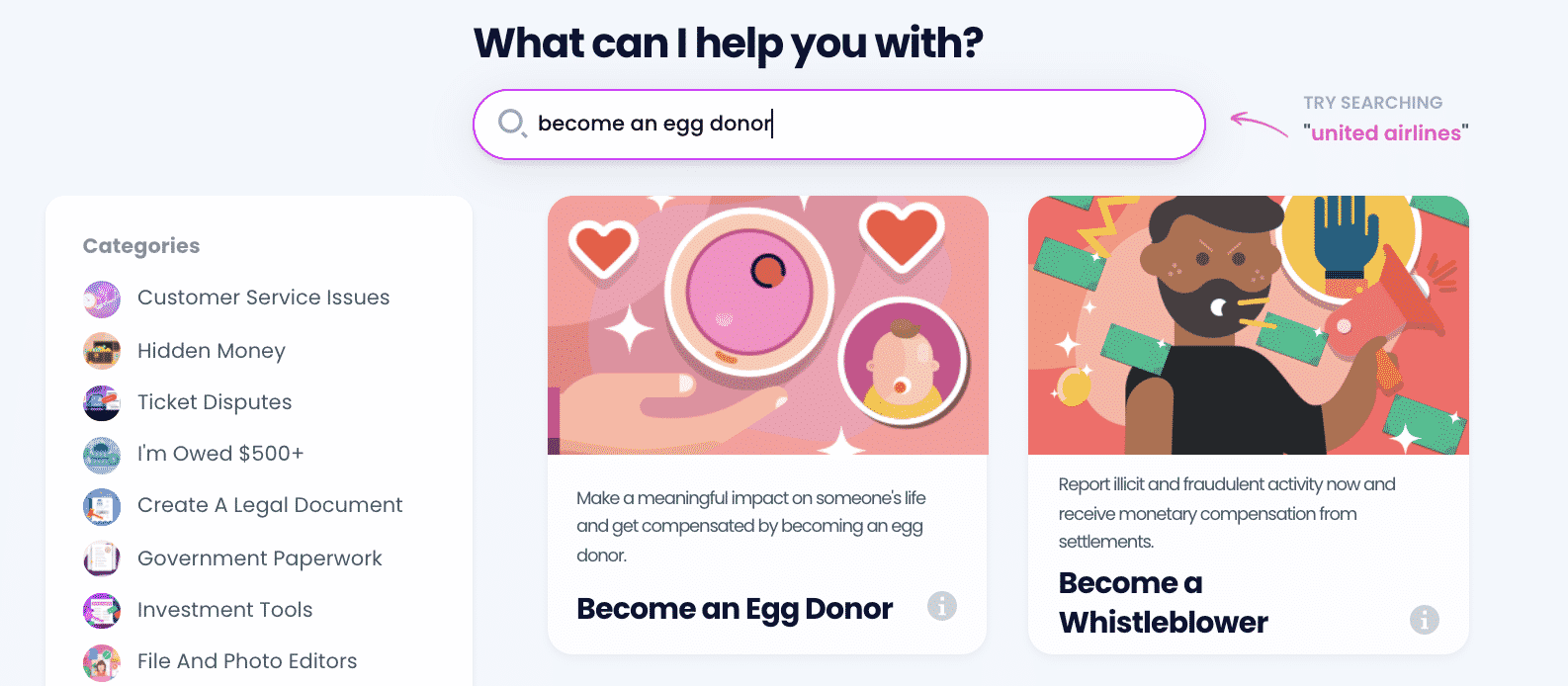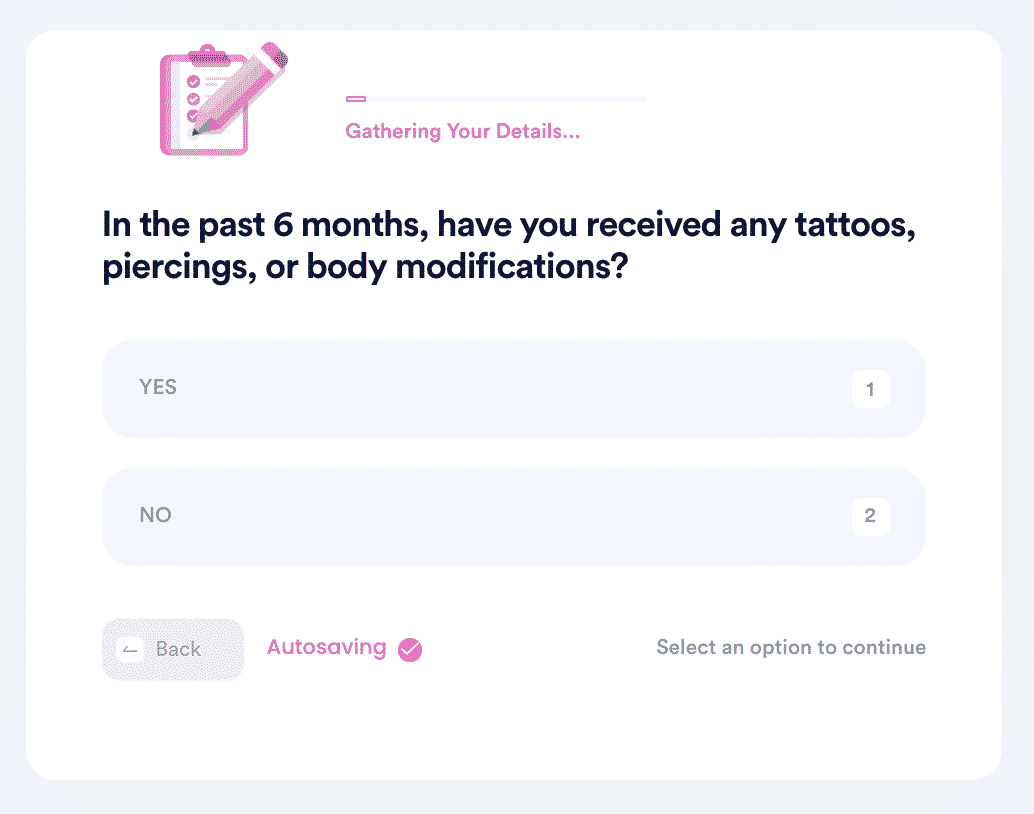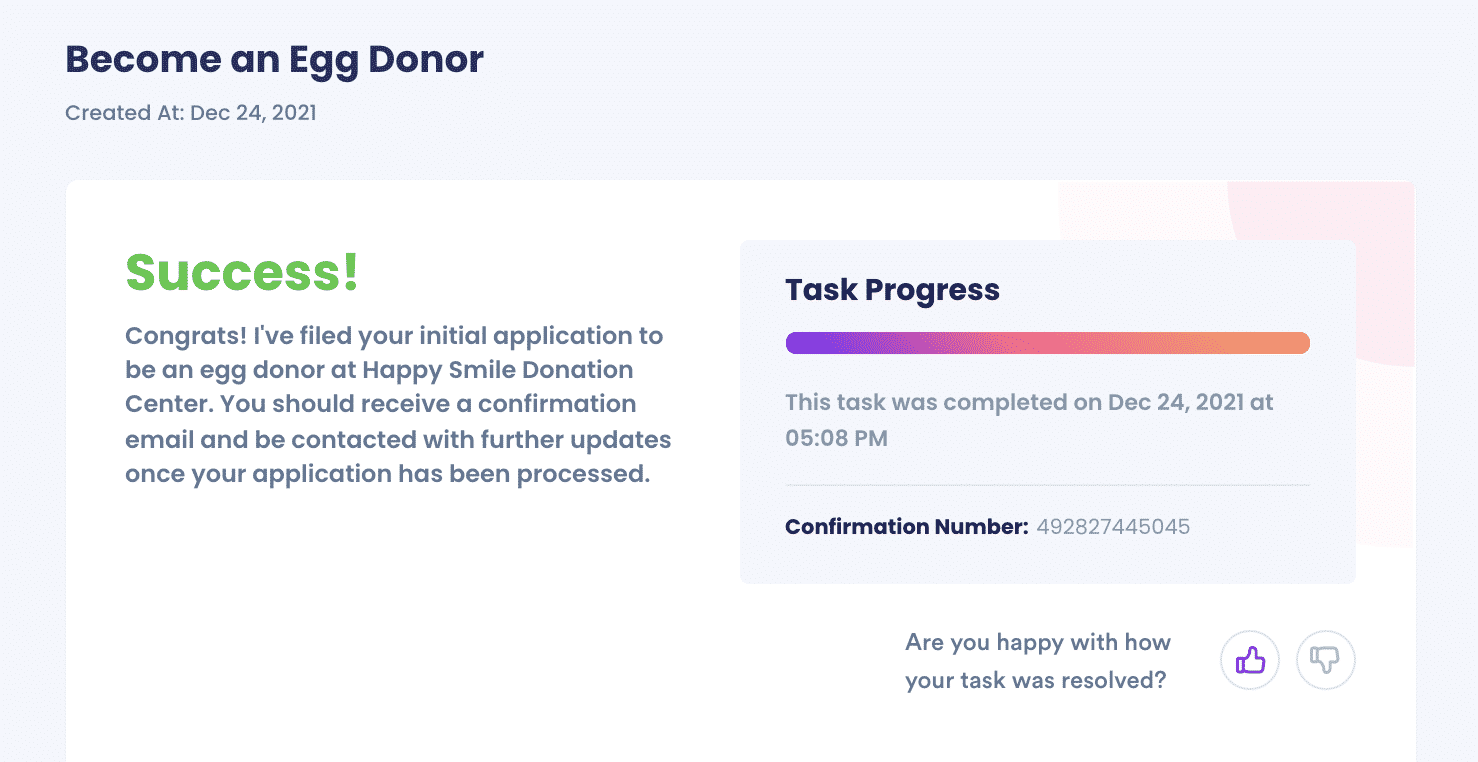Why Egg Donors Must Be At Least 18 Years Old
Programs for egg donation provide a valuable resource for couples or single women desiring to become a parent but faced with problems getting pregnant. These programs also depend on the donors, who receive a stipend for their eggs that also covers their travel, related lodging, and per diem, as well as their time spent in medical tests. The minimum age for egg donors is 18 years old and the maximum age typically ranges up to 31 years of age.
If you want to , you'll need to prepare yourself for the process. Although the egg donation process provides a payment of between $5,000 and $10,000, qualifying as an egg donor takes time and certain medical and genetic traits that you cannot learn. This article looks at the egg donation process, and why the medical community set the minimum egg donation age at 18 years old.
What is an Egg Donation?
Egg donation refers to the medical procedure in which a healthy female of typical childbearing age donates up to 18 of her healthy eggs to a potential female parent, referred to as the intended mother. That statement makes the procedure sound quite efficient, but the overall process requires between three and six months. The reasons an intended mother needs donor eggs vary but include:
- An inability to make eggs,
- Poor quality eggs that are unlikely to fertilize,
- Having passed the age where they can naturally produce eggs.
Some women who want to experience motherhood have gone through multiple miscarriages, and their doctor has recommended egg donation as an option for a healthier fetus. Whatever the reason, after the egg donor undergoes the surgery to remove their eggs, the fertility doctor fertilizes them in a laboratory setting, then implants them in the womb of the intended mother.
Why Must You Reach the Age of 18 Before Donating?
The seemingly magical age of 18 years old became due to medical requirements.
- Legally, you must reach the age of 18 before you can sign a contract for yourself in the US.
- Medically, at 18, you've reached the age where your body has developed into adulthood.
- This is important because egg donation equals donating an organ.
The part of yourself that you donate must be medically viable and healthy so the transplant will succeed. Most US agencies also require you to have earned your high school diploma as a minimum education requirement.
What Is the Maximum Age of a Donor?
The age range of 18 to 31 that most egg donation clinics use relates to the medical community's similar age range for other donations, such as bone marrow. For bone marrow, the age goes up to 35 years old, but similar to egg donation, that age range ensures the best chance for transplant success due to cell health. Egg production changes after the age of 31 though, making it a little different than other transplant situations.
What is the Qualifying Process to Become an Egg Donor?
Before you can donate, you'll need to go through the qualifying process. Most individuals do not qualify because the medical community necessarily sets high standards. Because the donated eggs need to be of the best health and from a mother with healthy genetics and habits of a normal or better IQ, many women don't qualify.
The process starts with an immensely precise medical history that includes your birth parents' medical histories. The following items would disqualify you from a donation:
- Any family history of alcoholism or drug use,
- Personal history of alcoholism or drug use,
- Psychiatric problems/mental illness,
- History of mental retardation within the family,
- Diseases that can pass genetically.
The donor agency checks the data you provide to ensure veracity. In some states, you sign a HIPAA waiver, and the agency pulls your medical records.
You undergo a full medical exam, including blood tests, genetic testing, and a physical. This also includes an ultrasound to determine the health of your ovaries.
You also undergo a full psychological exam that determines your psychiatric health. The American Society for Reproductive Medicine (ASRM) provides guidelines regarding psychiatric reasons a program should refuse a woman's application to donate. ASRM's reasons a woman should not donate eggs include that she:
- Has been diagnosed with a serious psychological disorder
- Abuses alcohol or drugs, or has some relatives who do so
- Uses psychoactive medications
- Is undergoing significant undue stress
- Is in an unstable or troubled partnership or marriage
- Did not receive professional psychiatric treatment after physical or sexual assault or abuse
- Cannot capably understand the egg donation process or her participation in it (she qualifies as legally mentally incapacitated).
Where Can You Apply to Be an Egg Donor at 18
Across the US, many major cities have egg donation clinics or fertility clinics that perform egg removal and implantation. Typically, you would donate at a facility in your home city/hometown.
If your city has no clinic, you could apply to a nearby city's clinic. Many smaller cities provide fertility treatments through a clinic associated with a university that offers medical training programs, such as those to become a medical doctor. Through these schools of medicine, the university partners with a teaching hospital.
Refer to the table below for egg donation programs in each region of the US.
| Name | Address | Phone Number | Compensation | Required Age |
| Center for Human Reproduction | 21 E 69th Street
New York, NY 10021 | 626-385-7918 | $8,000 - $12,000 | 21-29 |
| Growing Generations | 5900 Wilshire Blvd
Ste 550 Los Angeles, CA 90036 | 323-965-7500 | $10,000 - $50,000 | 21-29 |
| Egg Donation Center of Dallas | 1720 Avenue K
Plano, TX 75074 | 972- 424-9369 | $10,000 | 18-27 |
| Conceive Abilities | 2 N Riverside Plaza
Ste 2150 Chicago, IL 60606 | 312-379-5700 | $8,000+ | 21-29 |
Next Steps to Becoming an Egg Donor at 18
Here's how you can use DoNotPay to become an .
- Search "become an egg donor" on DoNotPay and confirm that you meet the eligibility requirements.

- Answer a series of eligibility questions about your medical history, so we can determine which donor agencies you can apply for.

- Verify your information and submit your single application! DoNotPay will then apply for multiple egg donor agencies near you on your behalf to maximize your chances of being accepted.

And that’s not all you can do with the app. If you’re interested in egg donation at 18, check out some other articles we have on the subject.
- Is egg donation worth it?
- Egg donor requirements
- What it is like to be an egg donor.
- Egg Donor Pay
- Egg Donation Process


